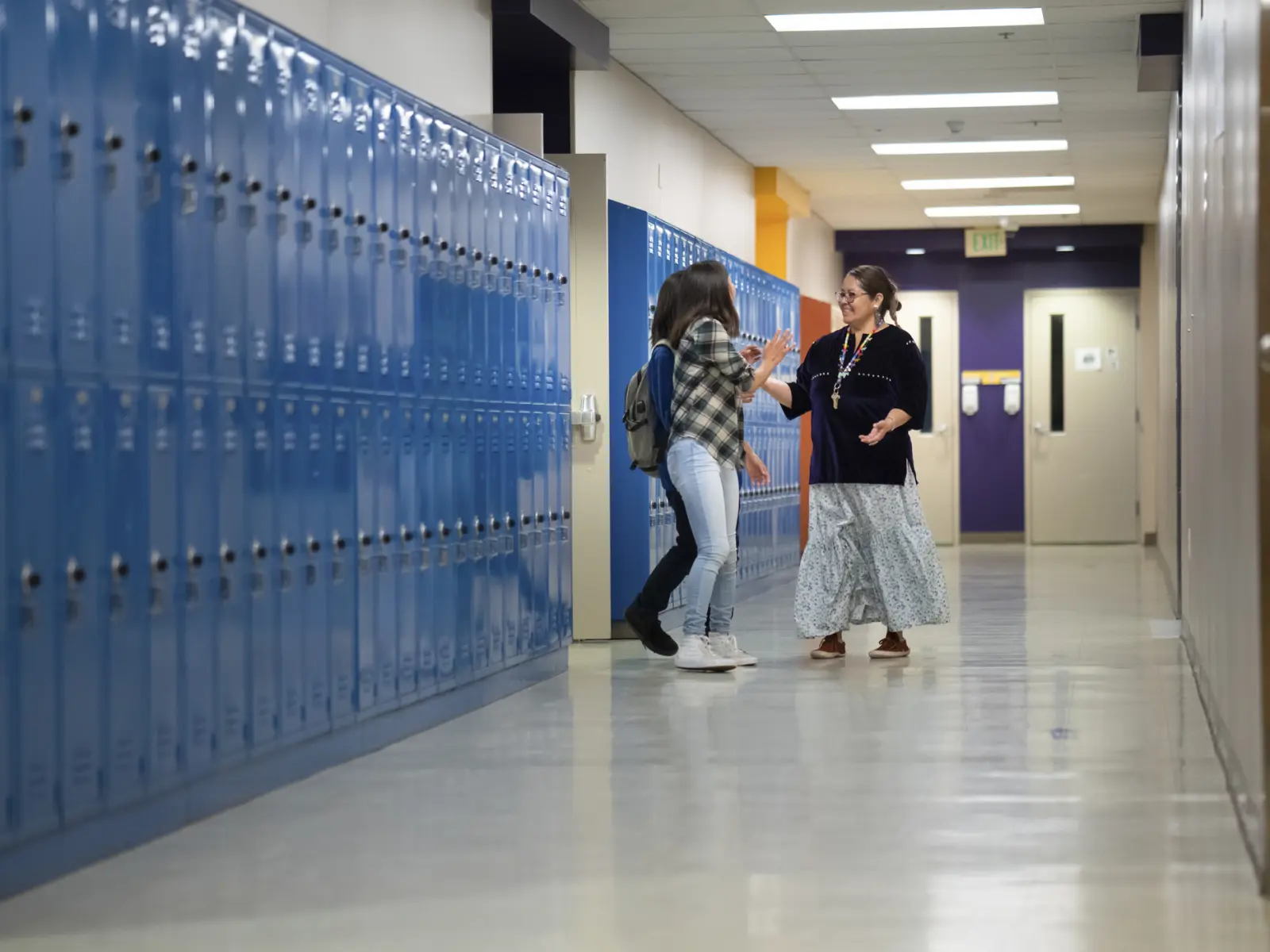A Year of Bridging Criminal Justice Research and Practice
Criminal Justice
A Year of Bridging Criminal Justice Research and Practice
Our 2024 Approach to Giving
Our 2024 Approach to Giving
Helping States Navigate OBBBA
Medicaid
Helping States Navigate OBBBA
The Work Opportunity Tax Credit Does Not Work to Increase Opportunity
Responsible Tax Reform
The Work Opportunity Tax Credit Does Not Work to Increase Opportunity
Ohio Students SAIL to Success in Lorain County
Higher Education
Ohio Students SAIL to Success in Lorain County
A New Commitment to Solving Serious Crimes
Criminal Justice
A New Commitment to Solving Serious Crimes
Why We Need to Rethink Transmission: The 3 P’s
Energy
Why We Need to Rethink Transmission: The 3 P’s
Let’s Fix Our Community College System — ASAP
Higher Education
Let’s Fix Our Community College System — ASAP
Arnold Ventures Partners with Maryland to Scale Evidence-Based Programs
Evidence & Evaluation
Arnold Ventures Partners with Maryland to Scale Evidence-Based Programs
The Pro-Housing Movement Has Momentum, Now We Need Staying Power
Housing
The Pro-Housing Movement Has Momentum, Now We Need Staying Power
The Results Are In: Big Brothers Big Sisters Makes a Real Difference for Mentees and Communities
Evidence & Evaluation
The Results Are In: Big Brothers Big Sisters Makes a Real Difference for Mentees and Communities
The Senate Serves up a Second Helping of Pork
Federal Tax Policy
The Senate Serves up a Second Helping of Pork
Lawmakers Preserve Public Safety While Reducing Long Prison Sentences
Criminal Justice
Lawmakers Preserve Public Safety While Reducing Long Prison Sentences
Opportunity Zones: A Tax Break That Missed Its Target
Federal Tax Policy
Opportunity Zones: A Tax Break That Missed Its Target
Taxing the Investment Income of Foundations Is Consistent With Good Tax Principles, but Fixes to OBBB Plan Are in Order
Federal Tax Policy
Taxing the Investment Income of Foundations Is Consistent With Good Tax Principles, but Fixes to OBBB Plan Are in Order
Impoundments: FY25/FY26 Impacts and Options for Reform
Federal Tax Policy
Impoundments: FY25/FY26 Impacts and Options for Reform
AV’s Scott Hodge: Why Universities Shouldn’t Get Better Tax Treatment Than Retirees
Federal Tax Policy
AV’s Scott Hodge: Why Universities Shouldn’t Get Better Tax Treatment Than Retirees
Is There Pork in the One Big Beautiful Bill? Let Me Count the Ways…
Responsible Tax Reform
Is There Pork in the One Big Beautiful Bill? Let Me Count the Ways…
States Poised to Move Forward in Lowering Drug Costs
Drug Prices
States Poised to Move Forward in Lowering Drug Costs
AV Research Grantee Explores How to Bring Students Back to School
Higher Education & Career Pathways
AV Research Grantee Explores How to Bring Students Back to School
“One of the Most Important and Influential Voices and Actors in Philanthropy”
“One of the Most Important and Influential Voices and Actors in Philanthropy”
Webinars Offer Advice on Applying for Requests for Proposals on Policies that Work
Evidence & Evaluation
Webinars Offer Advice on Applying for Requests for Proposals on Policies that Work
Prescription for Higher Prices: The Real Cost of the EPIC Act
Drug Prices
Prescription for Higher Prices: The Real Cost of the EPIC Act
Maryland Policymakers Promote Public Safety and Second Chances
Criminal Justice
Maryland Policymakers Promote Public Safety and Second Chances
About Us
We strive to maximize opportunity and minimize injustice by investing in systemic solutions that will outlast our funding.
- Criminal Justice
- Health
- Public Finance
- Higher Education & Career Pathways
- Infrastructure
- Evidence & Evaluation

























